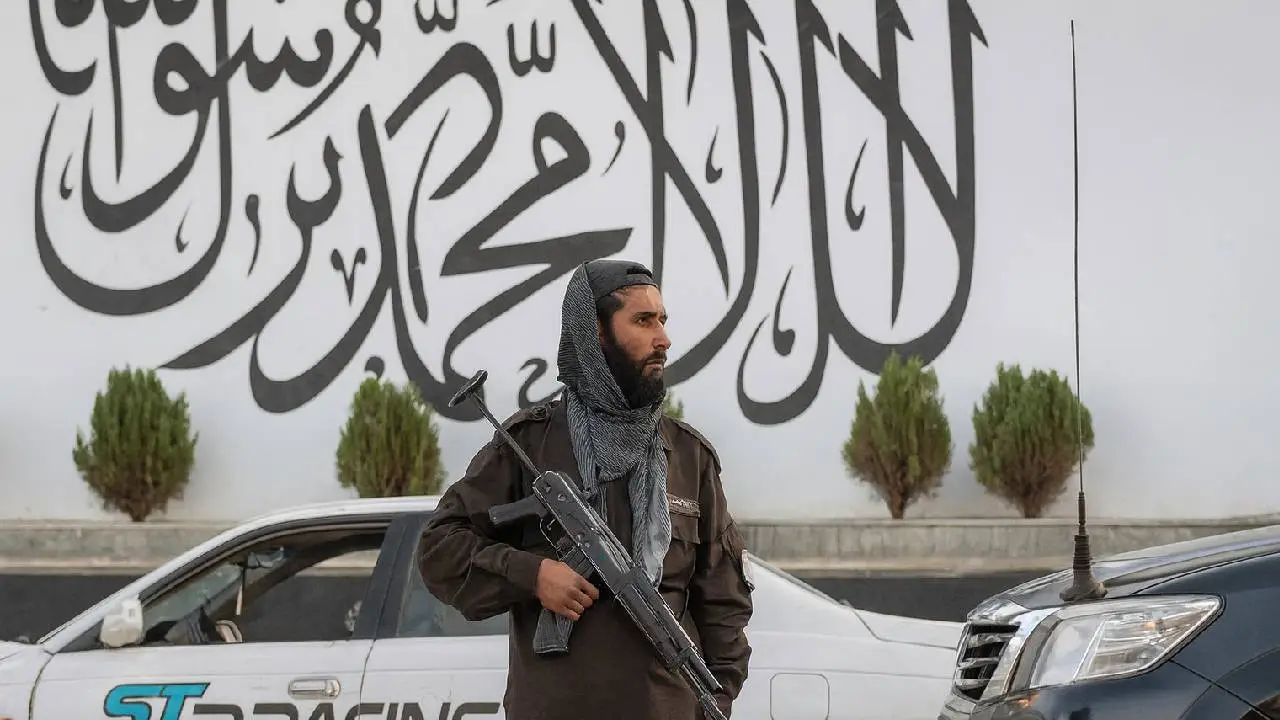
(Credit: OpenAI)
International News: In Istanbul, Pakistan and Afghanistan met for four days in the presence of Qatari and Turkish mediators. The main aim was to ease mounting border tensions and to find a roadmap after weeks of violence along the frontier. Pakistan’s delegation was led by Major General Shahab Aslam, who had been tasked with pushing for tighter control over militant groups. But very soon, the atmosphere in the room turned hostile, and the hope of dialogue faded rapidly.
The Pakistani side accused the Taliban of sheltering Tehreek-e-Taliban Pakistan (TTP), which Islamabad blames for recent deadly attacks. Afghan representatives countered that Pakistan itself had allowed American drones to operate over their soil. As tempers rose, accusations shifted from policy disputes to personal blame, with sharp words exchanged. This made it increasingly hard for mediators to cool the environment, even as both delegations claimed they wanted peace.
On the third day of negotiations, reports claim General Shahab Aslam used abusive language toward Taliban officials, questioning their ability to control armed factions. His words, described as “offensive and humiliating,” caused visible anger among Afghan delegates. Such behavior shocked even neutral observers, who expected tough debate but not outright verbal assaults. Afghan media immediately labeled Pakistan’s attitude as “disrespectful and irresponsible,” fueling public outrage back in Kabul.
Both Qatar and Turkey had invested significant diplomatic energy to bring the rivals together. They were startled when instead of progress, the dialogue descended into personal insults and ill-prepared statements from Pakistan’s side. Sources suggest Pakistani representatives lacked full knowledge of the agenda, making uncoordinated remarks that only deepened mistrust. Despite repeated interventions by Qatari and Turkish officials, the situation spiraled beyond repair, leaving mediators embarrassed.
The breakdown came amid intense border clashes earlier in October, when Pakistani airstrikes hit Afghan territory, killing civilians. Pakistan claimed it was targeting TTP bases, while Afghanistan retaliated by striking Pakistani military outposts. Both sides reported dozens of casualties, setting the stage for a fragile ceasefire attempt. The bloodshed had already eroded confidence, and the Istanbul talks were seen as a last chance to stabilize the frontier before winter.
By the fourth day, Afghan negotiators had lost patience. They walked out of the meeting, declaring that Pakistan’s insults and lack of cooperation had made dialogue meaningless. Taliban defense minister Mullah Yaqoob directly warned Prime Minister Shehbaz Sharif and Army Chief Asim Munir that if Afghan soil was struck again, Islamabad itself would face destruction. This was not merely rhetoric but a public warning meant to pressure Pakistan.
The collapse of the Istanbul talks now raises the risk of fresh bloodshed along the Durand Line. Without a functional communication channel, even small incidents can trigger wider clashes. Analysts believe only credible third-party mediation and genuine restraint can prevent escalation. But with emotions high and trust shattered, both Pakistan and Afghanistan seem locked on a collision course, dragging the region toward a new cycle of instability.





Copyright © 2026 Top Indian News
